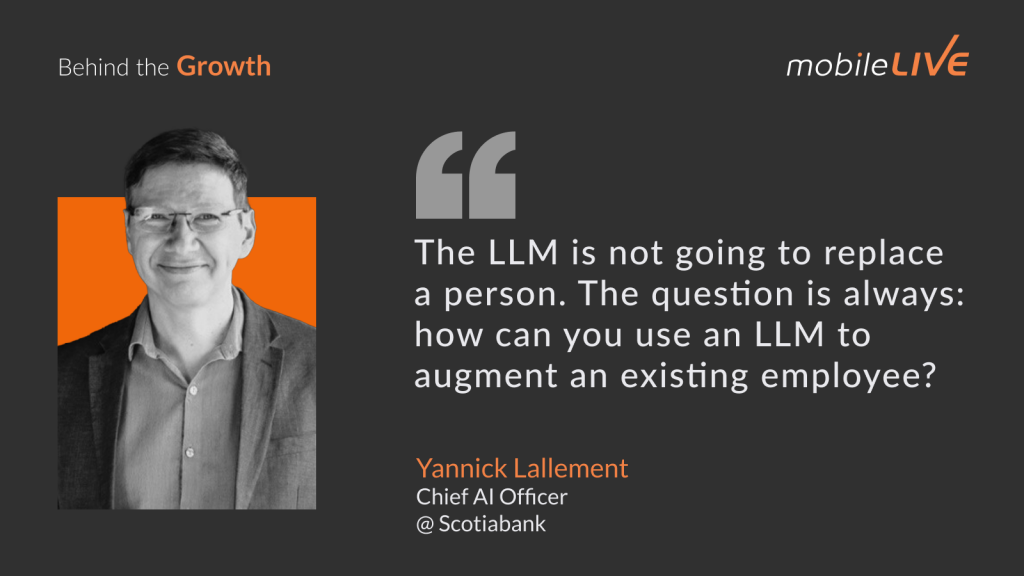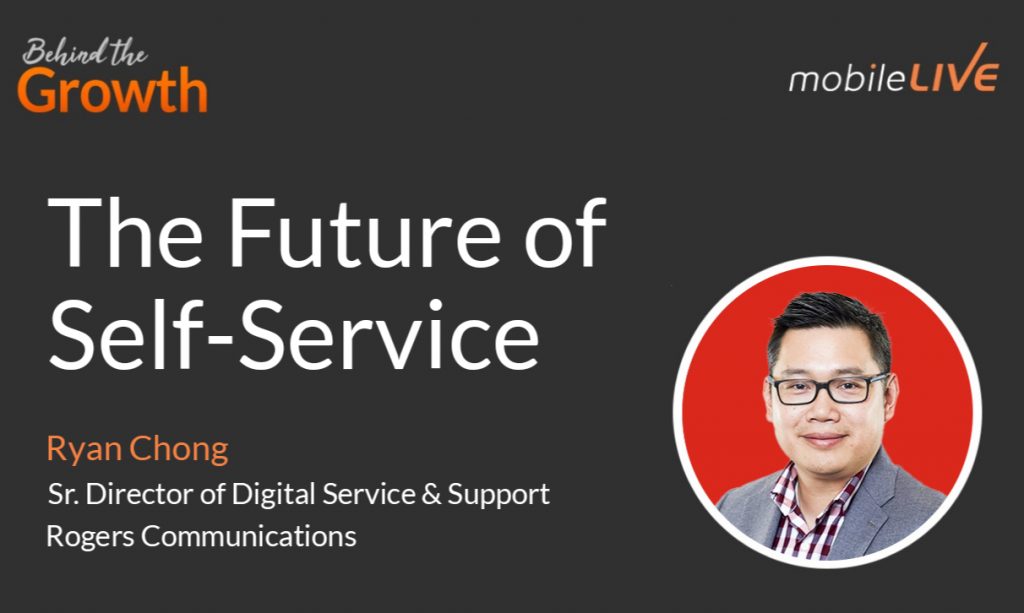Key Insights
AI as a Transformative Force in Industries
The episode opens with a reflection on the transformative impact of AI, particularly highlighted by the emergence of ChatGPT in late 2022. The discussion emphasizes how AI has evolved from being a mere buzzword to a significant force that reshapes various industries, including banking and finance. Yannick Lallement, as the Chief AI Officer at Scotiabank, speaks on the integration of AI in daily operations and strategic decision-making within businesses.
The Practical Application of AI in Banking
Yannick Lallement shares his journey to becoming the Chief AI Officer at Scotiabank, including his early fascination with Isaac Asimov’s robot novels and subsequent career in AI and computer science. He discusses the challenges and intricacies of identifying suitable AI applications in banking. The conversation provides insights into how AI is not just about technology implementation but also about understanding and aligning it with specific business needs.
The Future of AI and LLM Integration
The future of AI, particularly the integration of Large Language Models (LLMs) like Microsoft 365 Copilot, forms a significant part of the discussion. Yannick Lallement talks about how these models are evolving to become more efficient and practical for business applications. He also addresses the potential and limitations of LLMs, emphasizing that while they can significantly augment human productivity, they are not suitable for tasks requiring broader context or complex planning.

Episode Highlights
The Inspiration Behind Yannick’s AI Journey
Yannick Lallement discusses his early inspiration and journey into the world of AI. Fascinated by Isaac Asimov’s robot novels, he pondered the possibilities of artificial intelligence and its real-world applications. This curiosity led him to pursue computer science and eventually a PhD in AI. His academic background and passion for AI paved the way for his role at Scotiabank, where he now leads AI initiatives. Yannick’s story highlights the importance of early influences in shaping career paths and the impact of literature on technological aspirations.
“It started when I was a teenager… I was very interested in Isaac Asimov’s robot novels… And that really got me thinking about AI and will AI be possible one day.”
Challenges in Implementing AI in Banking
In this segment, Yannick elaborates on the complexities of implementing AI in the banking sector. He emphasizes the challenge of finding the right AI use cases for Scotiabank, illustrating the need for careful consideration of AI’s practical applications in real-world scenarios. This part of the conversation sheds light on the delicate balance between technological possibilities and business needs, underscoring the importance of strategic thinking in AI adoption.
“My job is mostly twofold. Number one is how do we find the right use cases of AI for the bank? And the second part of the job is really how do we position the bank to deliver value based on the use cases that we have uncovered.”
Future Outlook of AI and Large Language Models
Yannick discusses the future of AI, particularly focusing on the growing integration and evolution of Large Language Models (LLMs) in business tools like Microsoft 365 Copilot. He talks about how these models are being refined for increased efficiency in enterprise applications. This part of the episode is crucial for understanding the evolving nature of AI technologies and their potential impact on various industries, including banking.
“What Microsoft did here is that they have added an LLM to each of their Microsoft Office Suite software… This copilot helps you… summarize a meeting after it occurred, list the action items, things like that.”
AI’s Role in Enhancing Employee Productivity
A significant focus of the discussion is on how AI, specifically LLMs, can enhance employee productivity. Yannick highlights the value of AI in automating mundane tasks, freeing up human resources for more complex activities. This segment of the podcast provides insights into AI’s role in optimizing work processes and the pragmatic approach towards AI deployment in organizations.
“The LLM is not going to replace a person… The question is always how can you use an LLM to augment an existing employee?”







